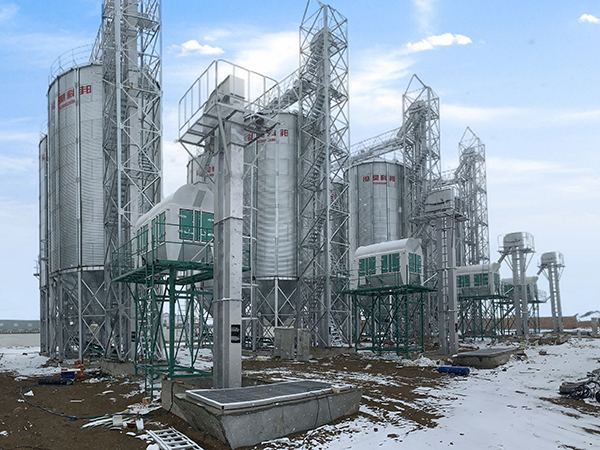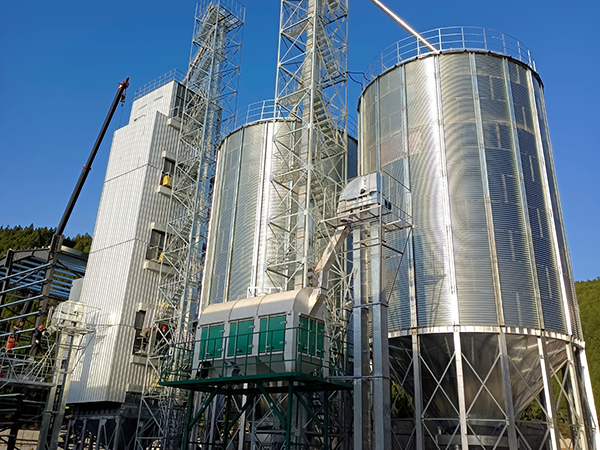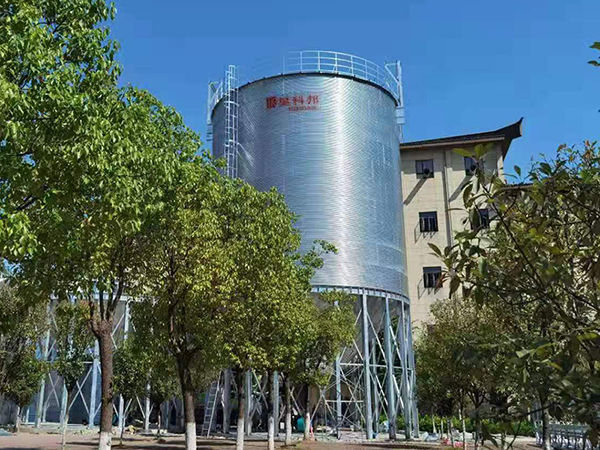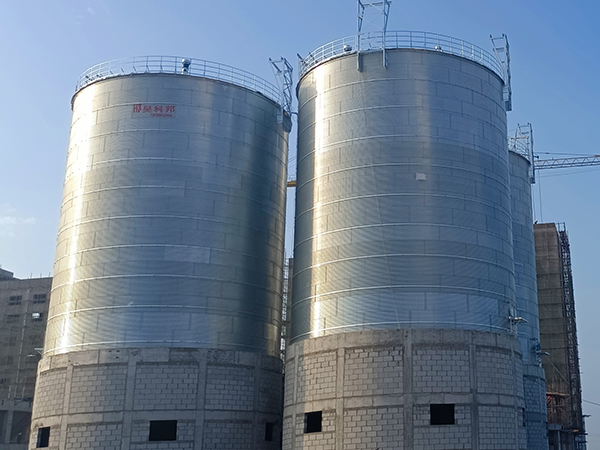Corn Grain Silo Prices in Uganda, Africa
Corn grain silo prices are a critical consideration for farmers, agricultural businesses, and investors looking to store corn efficiently and effectively. Understanding the various factors that influence corn grain silo prices, the current market trends, and the key considerations for purchasing silos can help stakeholders make informed decisions.
- Main Advantages of Wheat Silo in Uganda
- Main Functions of Wheat Silo in Uganda
- Corn mill factory in Mali
- Maintenance Methods for Wheat Silo in Uganda
- Maintenance Methods for a Rice Silo in Uganda
- Wheat mill supplier in Malawi
- Installation Process of a Rice Silo in Uganda
- Structural Composition of a Rice Silo in Uganda
- Flour mill sale in Rwanda
- Main Advantages of Rice Silo in Uganda
- Primary Functions of Rice Silo in Uganda
- Grinding mill cost in Libya
Exploring Corn Grain Silo Prices: Factors, Trends, and Considerations
Corn grain silo prices are a critical consideration for farmers, agricultural businesses, and investors looking to store corn efficiently and effectively. Understanding the various factors that influence corn grain silo prices, the current market trends, and the key considerations for purchasing silos can help stakeholders make informed decisions. This article provides a comprehensive overview of the landscape surrounding corn grain silo prices.
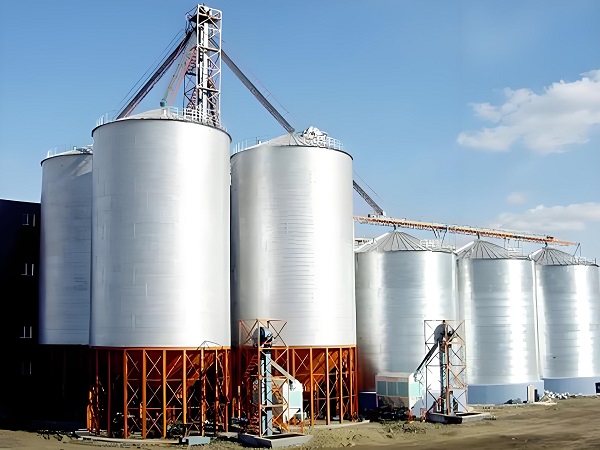
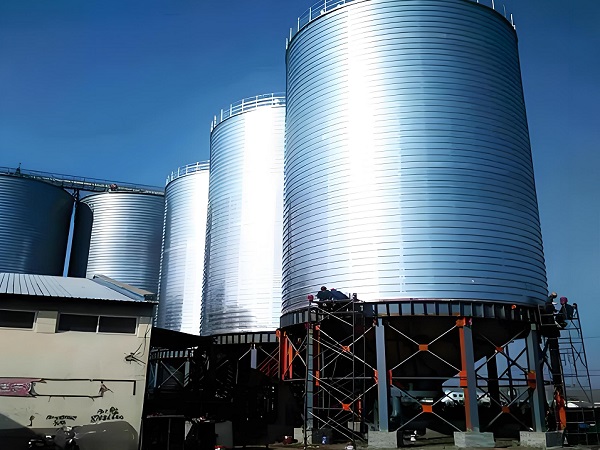
Factors Influencing Corn Grain Silo Prices
Material and Construction
The materials used in the construction of a grain silo significantly impact its price. Corn grain silos are typically made from steel or concrete. Steel silos are popular due to their durability, ease of construction, and resistance to pests and moisture. However, they can be more expensive than concrete silos, which, while often cheaper, may require more maintenance over time. The choice of material should be based on budget, storage needs, and long-term durability.
Silo Capacity
The capacity of the silo is another major factor affecting corn grain silo prices. Larger silos, which can store more corn, naturally cost more than smaller ones. However, the price per unit of storage generally decreases as the size of the silo increases, making larger silos more cost-effective in the long run. Farmers and businesses must evaluate their storage requirements and future growth plans when choosing the appropriate silo capacity.
Technological Features
Modern grain silos come equipped with various technological features designed to enhance storage efficiency and grain quality preservation. These features include automated temperature and humidity control systems, ventilation systems, and real-time monitoring sensors. While these technologies can increase the initial cost of corn grain silos, they offer significant benefits in terms of reducing spoilage, maintaining grain quality, and lowering operational costs over time.
Installation and Transportation
The cost of installing and transporting a corn grain silo also contributes to its overall price. Transportation costs vary depending on the distance between the manufacturing site and the installation location. Additionally, the complexity of the installation process, including site preparation and foundation work, can affect the total cost. It is essential to consider these logistical expenses when budgeting for a grain silo.
Current Market Trends in Corn Grain Silo Prices
Rising Demand for Storage Solutions
The growing global demand for food, particularly corn, is driving the need for efficient storage solutions. As a result, the market for grain silos is expanding, leading to increased competition among manufacturers. This competition can help stabilize or even reduce prices in some regions, benefiting buyers.
Technological Advancements
Advancements in grain silo technology are influencing market trends and prices. As new features and innovations become standard, the initial cost of high-tech silos may decrease over time. However, buyers should be prepared for higher upfront costs when opting for the latest technologies, balanced by potential long-term savings and efficiency gains.
Environmental Regulations
Stricter environmental regulations and sustainability initiatives are impacting the grain storage industry. Manufacturers are increasingly focused on producing eco-friendly silos that meet these regulatory standards. While this shift may result in higher initial costs, the long-term benefits of sustainable and energy-efficient silos can offset the investment.
Economic Factors
Economic conditions, including inflation, currency fluctuations, and changes in trade policies, can affect corn grain silo prices. Buyers should stay informed about economic trends and consider how these factors might influence their purchasing decisions.
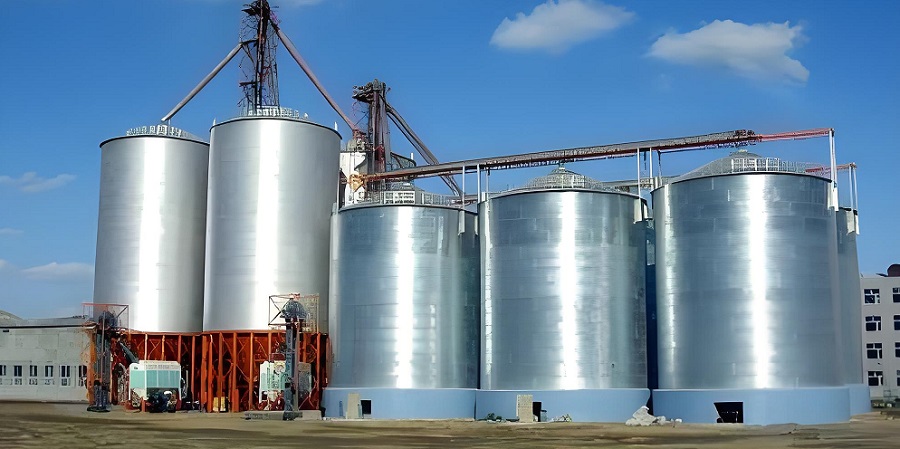
Key Considerations for Purchasing Corn Grain Silo
Budget and Financing Options
Establishing a clear budget and exploring financing options is crucial when purchasing corn grain silos. Many suppliers offer flexible payment plans, leasing options, and financing solutions to help buyers manage the initial investment. It is essential to evaluate these options and choose one that aligns with your financial situation.
Supplier Reputation and Service
Selecting a reputable supplier with a track record of quality products and excellent customer service is vital. A reliable supplier will provide comprehensive support throughout the purchasing and installation process, including after-sales service and maintenance. Researching customer reviews and seeking recommendations can help identify trustworthy suppliers.
Long-Term Maintenance and Operating Costs
While the initial cost is a significant factor, it is also essential to consider long-term maintenance and operating costs. High-quality silos with advanced features may have higher upfront costs but can offer savings in maintenance, grain quality preservation, and operational efficiency over time.
Conclusion
Corn grain silo prices are influenced by various factors, including materials, capacity, technological features, and logistical expenses. Understanding current market trends and considering key factors such as budget, supplier reputation, and long-term costs can help stakeholders make informed decisions. As the demand for efficient grain storage solutions continues to grow, staying informed about the latest developments and trends in corn grain silo prices is essential for successful procurement and operation.


